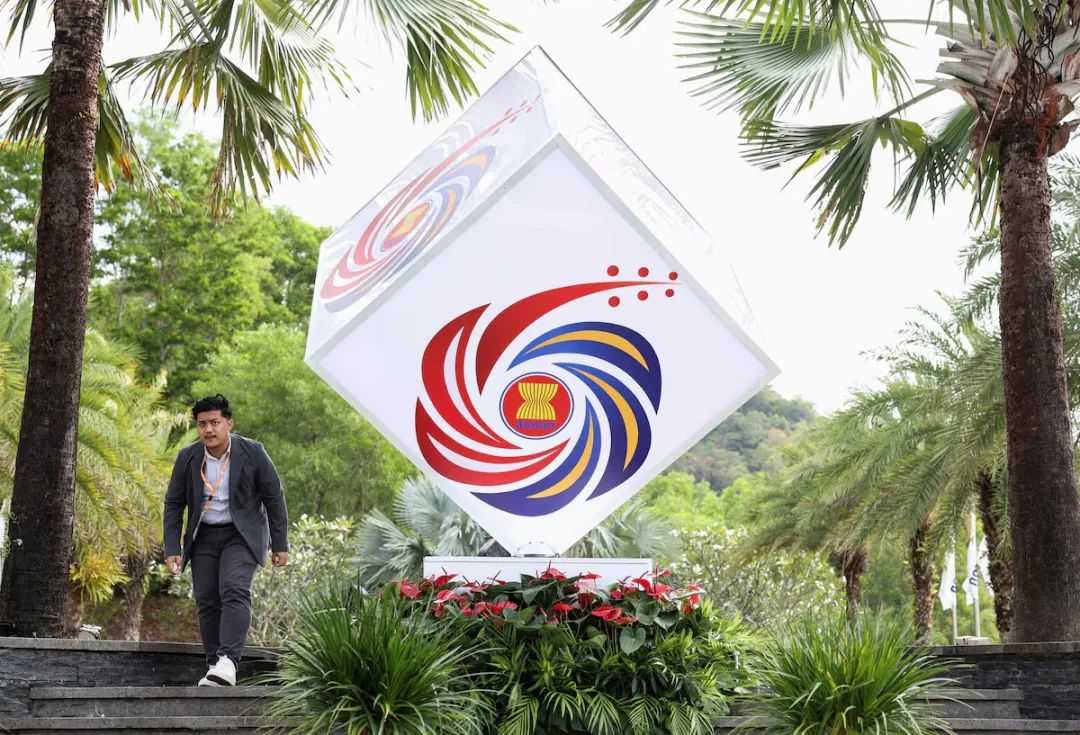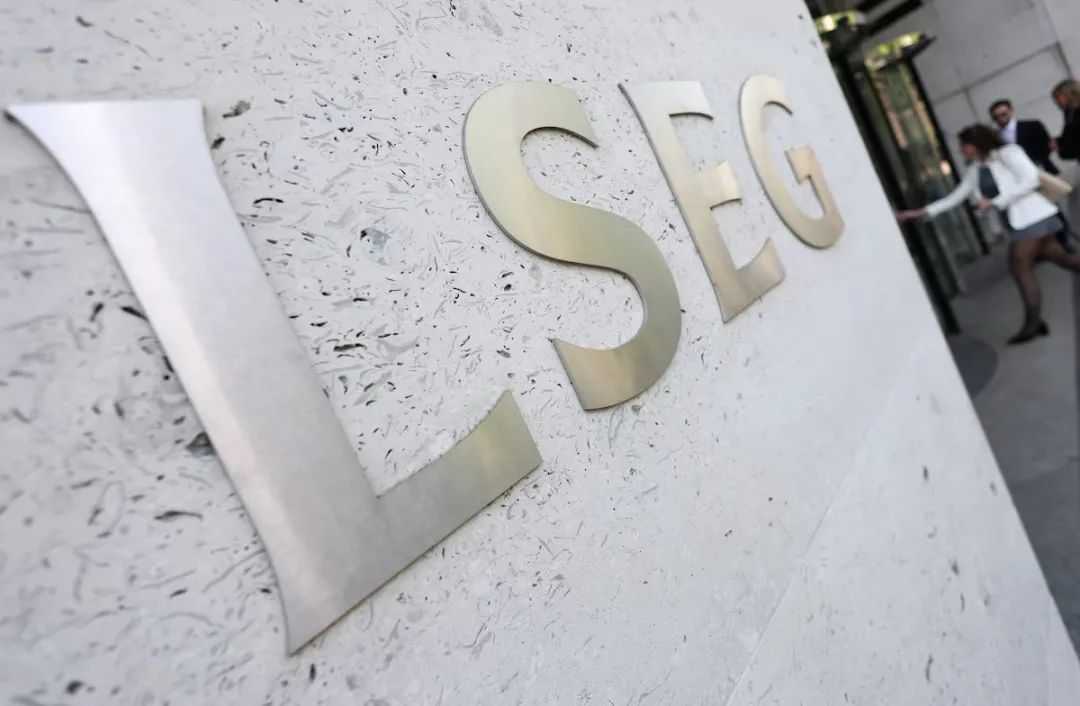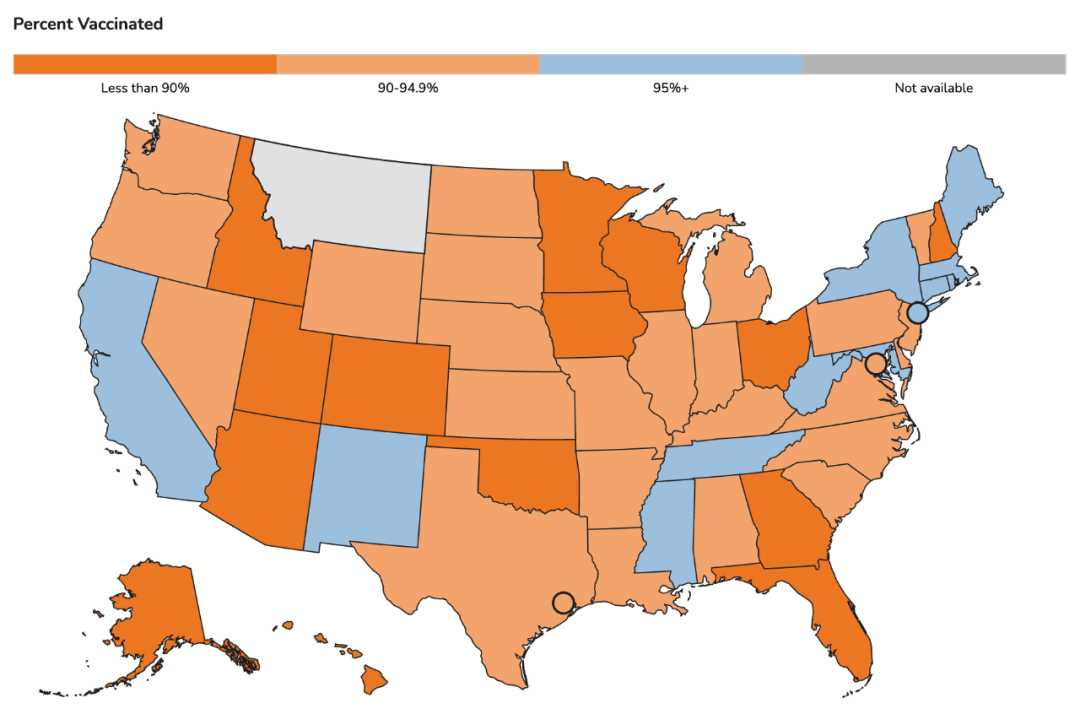The ASEAN+3 (10+3) Finance Ministers' Meeting was held concurrently. The joint statement condemned the protectionist policies of the United States, reaffirmed support for the multilateral trading system, and adopted a "Rapid Financing Mechanism" within the Chiang Mai Initiative Multilateralization (CMIM) framework. This allows member states to receive emergency funds unconditionally in the face of shocks such as the pandemic or natural disasters, strengthening the regional financial safety net. Japan, as one of the largest contributors to CMIM (contributing $76.8 billion), jointly promoted the expansion of the $240 billion fund pool with China, South Korea, and ASEAN. The meeting pointed out that "uncertainties in the Asian economy are intensifying," and deeper cooperation is needed to cope with the impact of US tariffs. Ryozo Himino, the deputy governor of the Bank of Japan, attended the meeting and emphasized regional financial stability cooperation.
Analysts believe that the new CMIM mechanism aims to reduce dependence on the US dollar and enhance Asia's independent crisis response capabilities, but its actual effectiveness remains to be tested.








